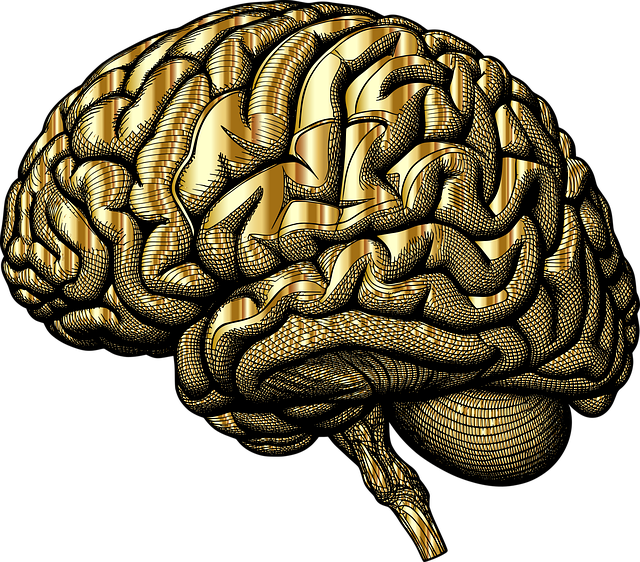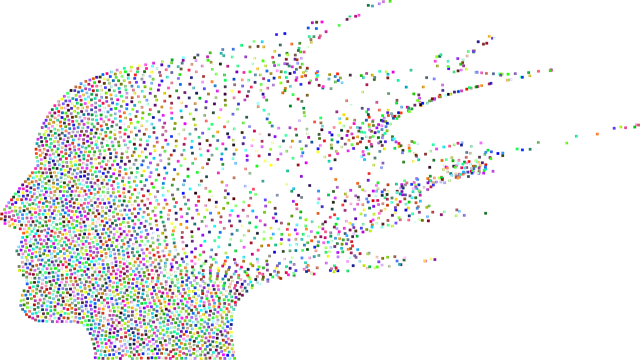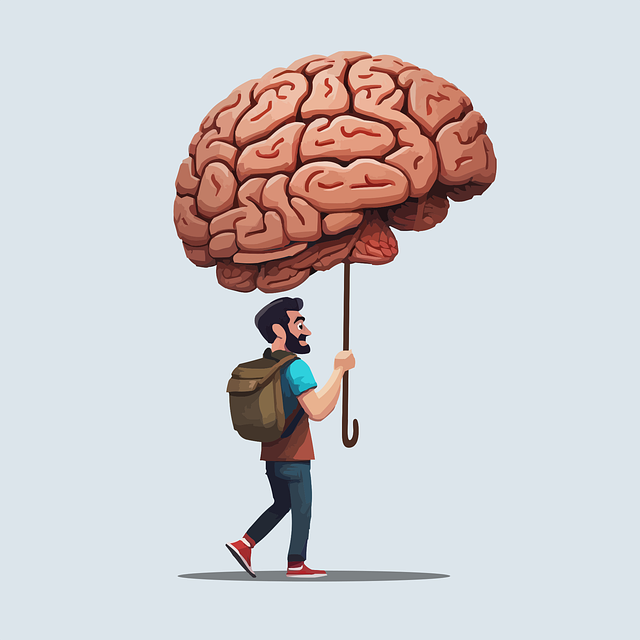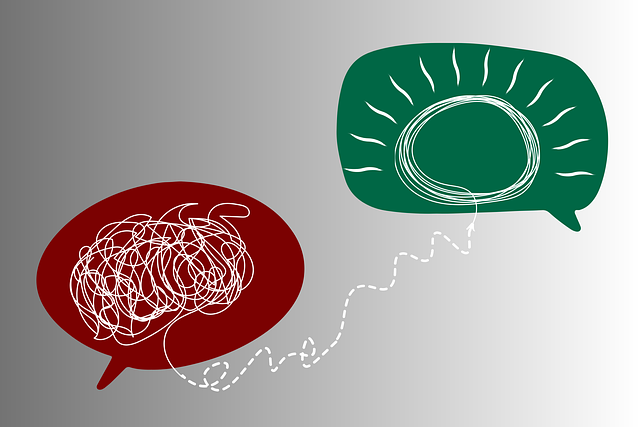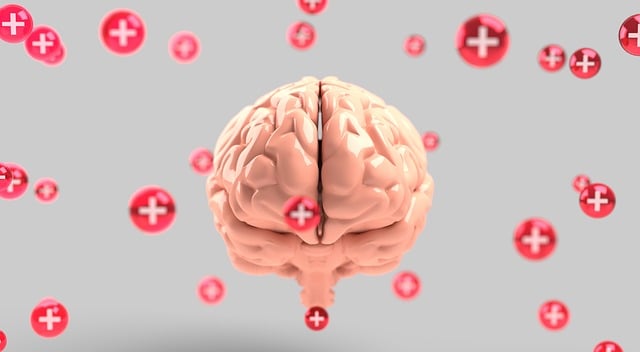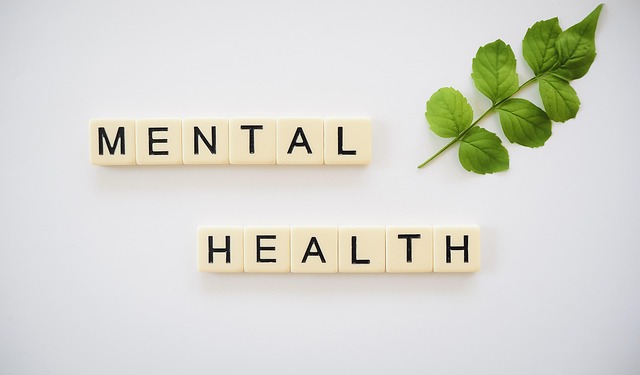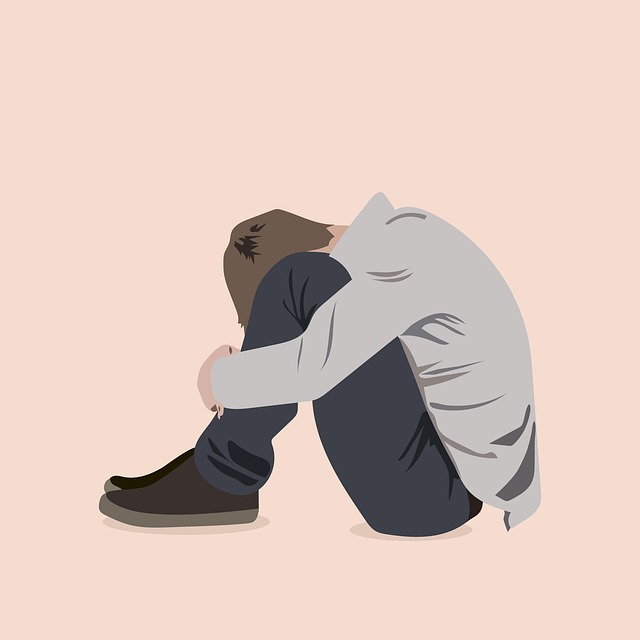Mood regulation through emotional intelligence is crucial for personal growth and therapeutic interventions, with tailored counseling sessions benefiting both children and couples. For children, therapy focuses on self-awareness, empathy, and coping strategies, while couples counseling improves communication and understanding within relationships. These approaches manage immediate mood swings and foster long-term resilience, enhanced by cultural sensitivity in mental healthcare. Effective mood management is learned through mindfulness exercises, storytelling, and self-care routines, with joint therapy sessions for couples encouraging empathy and conflict resolution. Long-term strategies, including community outreach and educational resources, contribute to sustainable emotional balance. Key tools are Therapy for Children and Couples Counseling, offering personalized approaches to address underlying emotional issues.
Mood regulation is a vital skill, essential for navigating life’s challenges. This article explores various strategies and their impact on emotional well-being, focusing on two key areas: Therapy for Children and Couples Counseling. We delve into the power of emotional intelligence in both youth and relationships, offering insights into age-appropriate techniques for kids while strengthening bonds through coupled counseling. Additionally, we discuss long-term strategies for achieving sustainable emotional balance, emphasizing the role of therapy in fostering healthy mood regulation throughout life.
- Understanding Mood Regulation: Unraveling Emotional Intelligence in Kids and Couples
- The Role of Therapy: A Safe Space for Emotional Healing and Growth
- Children's Mood Management: Age-Appropriate Techniques and Tools
- Couples Counseling: Strengthening Bonds Through Joint Mood Regulation
- Long-Term Strategies: Creating Sustainable Emotional Balance for Life
Understanding Mood Regulation: Unraveling Emotional Intelligence in Kids and Couples

Understanding mood regulation is a key aspect of both personal growth and therapeutic interventions. For children, emotional intelligence (EI) plays a pivotal role in managing their moods. Through counseling sessions tailored for kids, therapists can help young individuals develop self-awareness, empathy, and effective coping strategies. This process involves teaching them to recognize and label emotions, understand the connection between thoughts and feelings, and employ healthy outlets like mindfulness exercises or creative expression.
In the context of couples counseling, mood regulation takes on a different dimension. Here, emotional intelligence is not just about individual awareness but also about enhancing communication and understanding within relationships. Couples therapy often includes risk assessments for mental health professionals to gauge the depth of emotional issues. By fostering self-care practices and improving EI, therapists enable partners to navigate conflicts constructively, support each other’s emotional well-being, and strengthen their bond. This holistic approach not only helps in managing immediate mood swings but also promotes long-term resilience and a healthier emotional landscape.
The Role of Therapy: A Safe Space for Emotional Healing and Growth

Therapy serves as a powerful tool for emotional healing and growth, offering a safe space where individuals can explore and process their feelings. For children and couples alike, therapy provides a structured environment to develop essential mood regulation strategies. Through Children’s Therapy or Couples Counseling, clients gain insights into their emotions, learn coping mechanisms tailored to their unique needs, and cultivate healthier ways of interacting with others.
Cultural sensitivity in mental healthcare practice plays a pivotal role here, ensuring that therapeutic approaches are inclusive and respectful of diverse backgrounds. This consideration is crucial in fostering trust and encouraging open communication. By integrating cultural awareness into therapy sessions, Mental Health Education Programs can be designed to address specific challenges faced by different communities, ultimately enhancing the effectiveness of mood management strategies.
Children's Mood Management: Age-Appropriate Techniques and Tools

Managing moods effectively is a skill that can be cultivated from an early age. For children, it involves learning and adopting age-appropriate techniques to navigate their emotional landscape. One effective approach is through therapy for children, where professionals guide them in identifying and expressing feelings, providing tools to regulate emotions, and fostering healthy coping strategies. Techniques might include mindfulness exercises tailored to their age, helping them stay grounded in the present moment, or teaching them to recognize and label emotions through stories and play.
Self-care routine development for better mental health is another crucial aspect. Encouraging children to participate in activities that promote relaxation and joy can significantly impact their emotional well-being. This could be as simple as establishing a consistent bedtime routine, including reading or quiet time, or engaging in creative outlets like art or music. Mental wellness coaching programs development for kids often incorporates these strategies into fun, interactive sessions, making self-care and mood management an enjoyable part of their daily lives. Additionally, teaching children about healthy communication and conflict resolution through couples counseling can empower them to express themselves constructively, fostering better relationships and emotional resilience.
Couples Counseling: Strengthening Bonds Through Joint Mood Regulation

Couples counseling offers a unique and powerful approach to mood regulation, especially when it comes to strengthening bonds between partners. In today’s fast-paced world, stress management and mental health awareness have become increasingly important for maintaining healthy relationships. Therapy for children and couples provides a safe space where communication strategies can be learned and refined. By participating in joint counseling sessions, partners can better understand each other’s emotional triggers and develop effective coping mechanisms.
This collaborative process encourages active listening and empathy, fostering an environment conducive to resolving conflicts and strengthening the emotional connection between the couple. Through guided exercises and open dialogue, they can navigate mood swings together, ensuring that their relationship remains a source of support and stability, even during challenging times.
Long-Term Strategies: Creating Sustainable Emotional Balance for Life

Achieving lasting emotional balance requires implementing long-term strategies that foster resilience and adaptability. Therapy for children and couples counseling plays a pivotal role in this journey, offering tailored approaches to address underlying issues. Through these therapeutic modalities, individuals learn self-awareness exercises that help them understand and manage their emotions effectively. By exploring the root causes of mood fluctuations, whether stemming from childhood experiences or relationship dynamics, people can develop healthier coping mechanisms.
Couples counseling is particularly beneficial for building emotional regulation skills within relationships. It encourages open communication, strengthens bonds, and facilitates a supportive environment where both partners can navigate life’s challenges together. Moreover, community outreach program implementations that promote mental health awareness and educational resources further contribute to sustainable emotional balance by providing accessible support systems and self-care practices for individuals and families seeking long-term well-being.
In conclusion, mastering mood regulation is a lifelong journey that begins with understanding emotional intelligence. Whether focusing on children’s emotional development through age-appropriate tools or seeking therapy for couples to strengthen their bond, each section highlights practical strategies. From the safety of counseling sessions to long-term sustainable emotional balance, these approaches empower individuals and relationships alike. By embracing these techniques, we can navigate life’s emotional landscapes with greater resilience and harmony, be it in our personal or professional spheres. Therapy for children and couples counseling emerge as powerful tools, fostering emotional healing and growth that resonate through every facet of life.
